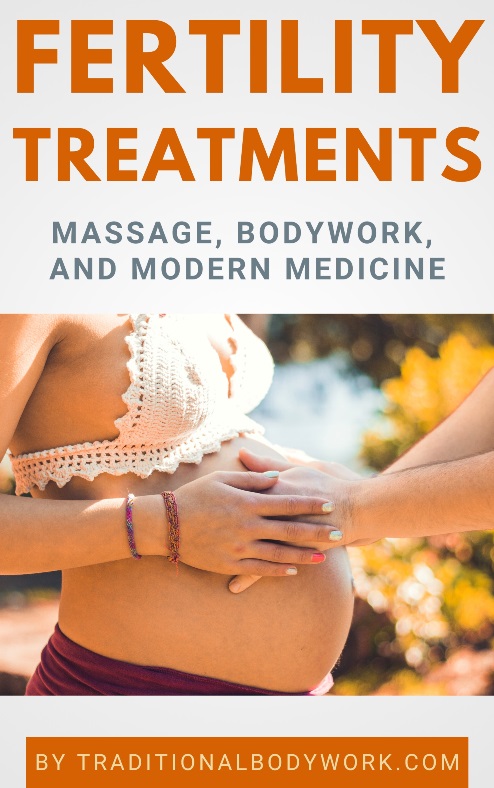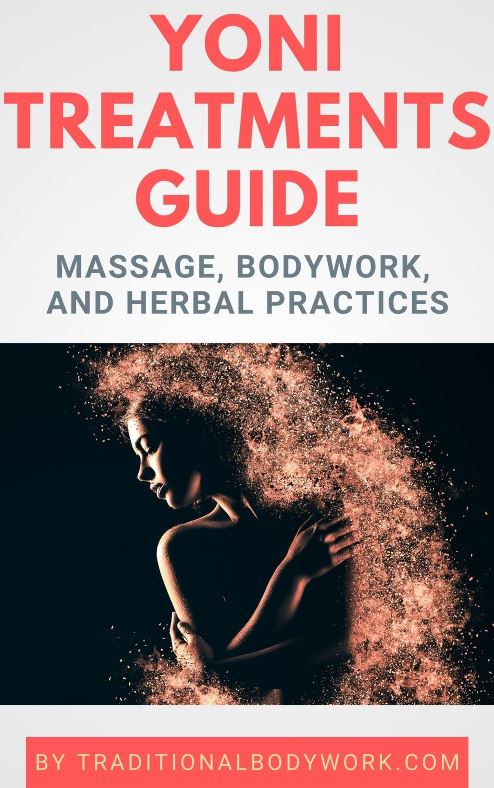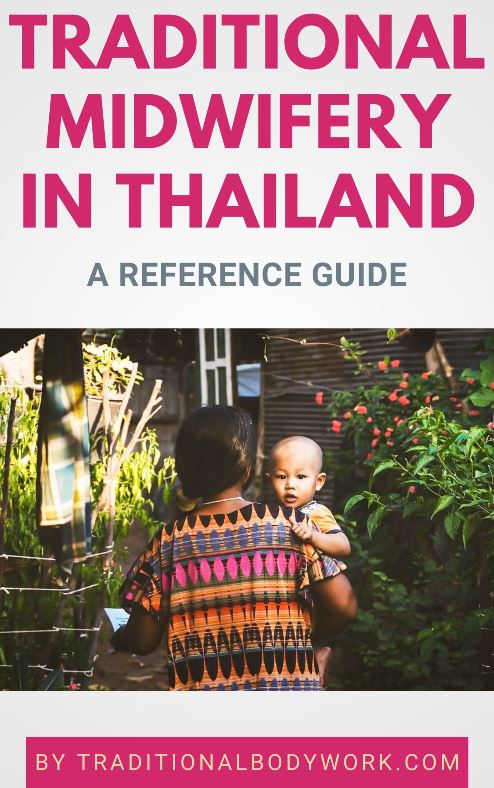
Trauma and trauma-related health conditions are common during pregnancy and in the postpartum period, such as post-traumatic stress disorders which could lead to prenatal depression, postnatal depression, anxiety, suicidal behavior, substance abuse, relationship troubles, and/or trouble with parent-child bonding.

Some Doulas explicitly apply the label Trauma Doula to their practice, but actually it’s important that all Doulas are aware of the impact of trauma, of possible ways to recovery, know the appropriate referrals and resources to deal with trauma, and recognize the signs and symptoms of trauma, while avoiding re-traumatization of their clients.
In a general sense, one could say that it’s essential that Doulas provide Trauma-Informed care. Nevertheless, Doulas may be specialized in a certain field of trauma, such as aforementioned trauma that may occur during pregnancy or after childbirth, but they may also be well-versed in trauma-related health issues occurring to people from communities that are particularly vulnerable. Think of individuals who are of lower socioeconomic position, people of color, sexual and gender minorities (LGBTQ+), immigrants, refugees, and/or incarcerated people.
Previous trauma, not related to the pregnancy, labor/delivery, or postpartum time, may also be of influence in the way the new mother or partner handles the new situation of parenthood. Think of domestic or intimate partner violence, sexual violence, or childhood maltreatment, which again can increase the risk of postpartum depression and problematic parent-child bonding.

Research on the topic has pointed out that Doulas can influence maternal and child health outcomes by calming stress responses during the pregnancy, labor, and postpartum period, through which they can support improved birth outcomes, bonding, and maternal mental health.
Avoiding trauma is also important with respect to physical health consequences in order to diminish risks of low birth weight, preterm birth, breastfeeding issues, and even maternal and infant mortality.
Mind that it’s not the task of Doulas to heal trauma or trauma survivors, but rather to be able to recognize it in their clients, to not add to existing trauma, maybe help people in avoiding the development of trauma on their reproductive journey, and to be able to emotionally support them and possibly guide them to options of professional trauma care.
















